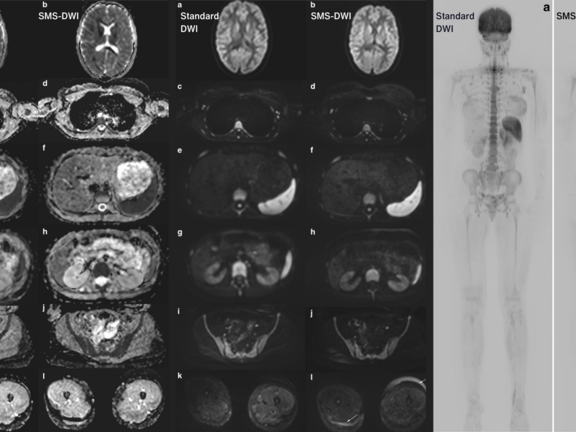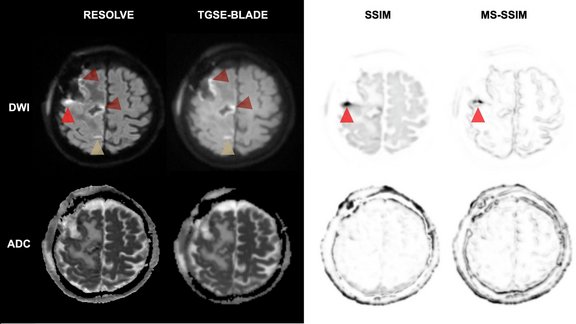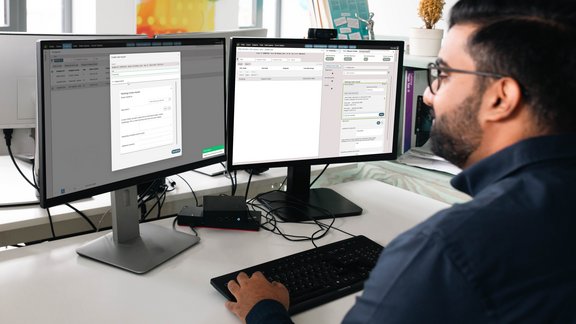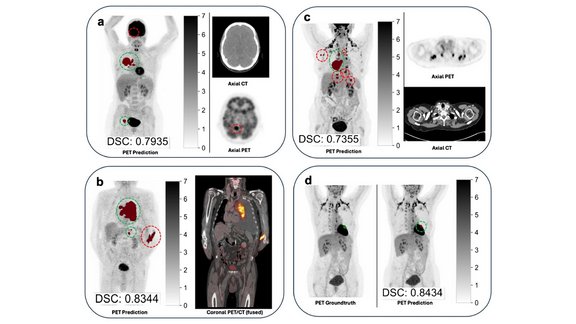As we mark Childhood Cancer Awareness Month, we would like to highlight the progress achieved in the realm of cancer diagnostics. A recent study led by Dr. med. Paul-Christian Krüger and his team from the Universitätsklinikum Jena sheds light on an innovative approach to whole-body MRI in children and adolescents using an advanced sequence that significantly reduces the time needed for the imaging procedure without compromising the quality of the images.
Such steadfast dedication to securing young patients' safety and comfort is truly heartwarming. This commitment motivates researchers to continuously perfect and elevate diagnostic methods while paving the way for progress in the early detection and treatment of childhood cancer.
Learn more about this study with mint Lesion™.

New Technique Speeds Up Whole-Body MRI for Children Without Sacrificing Image Quality, Study Finds
Related Resources
Related Resources

Improving Postoperative Brain Tumor MRI: TGSE-BLADE vs. RESOLVE DWI
Early MRI scans are critical for patients who have just undergone brain tumor resection to evaluate the surgery's success and plan future treatments.…

Centralized Management for Clinical Trial Communications and Workflows
Requests for radiological clinical trial evaluations frequently rely on fragmented methods such as emails, phone calls, and spreadsheets. This…

LMU University Hospital: Artificial Intelligence for TNM Staging in NSCLC – How Reliable Are AI-Based Segmentations?
The recent study “Artificial intelligence for TNM staging in NSCLC – a critical appraisal of segmentation utility in [¹⁸F]FDG PET/CT” provides a…